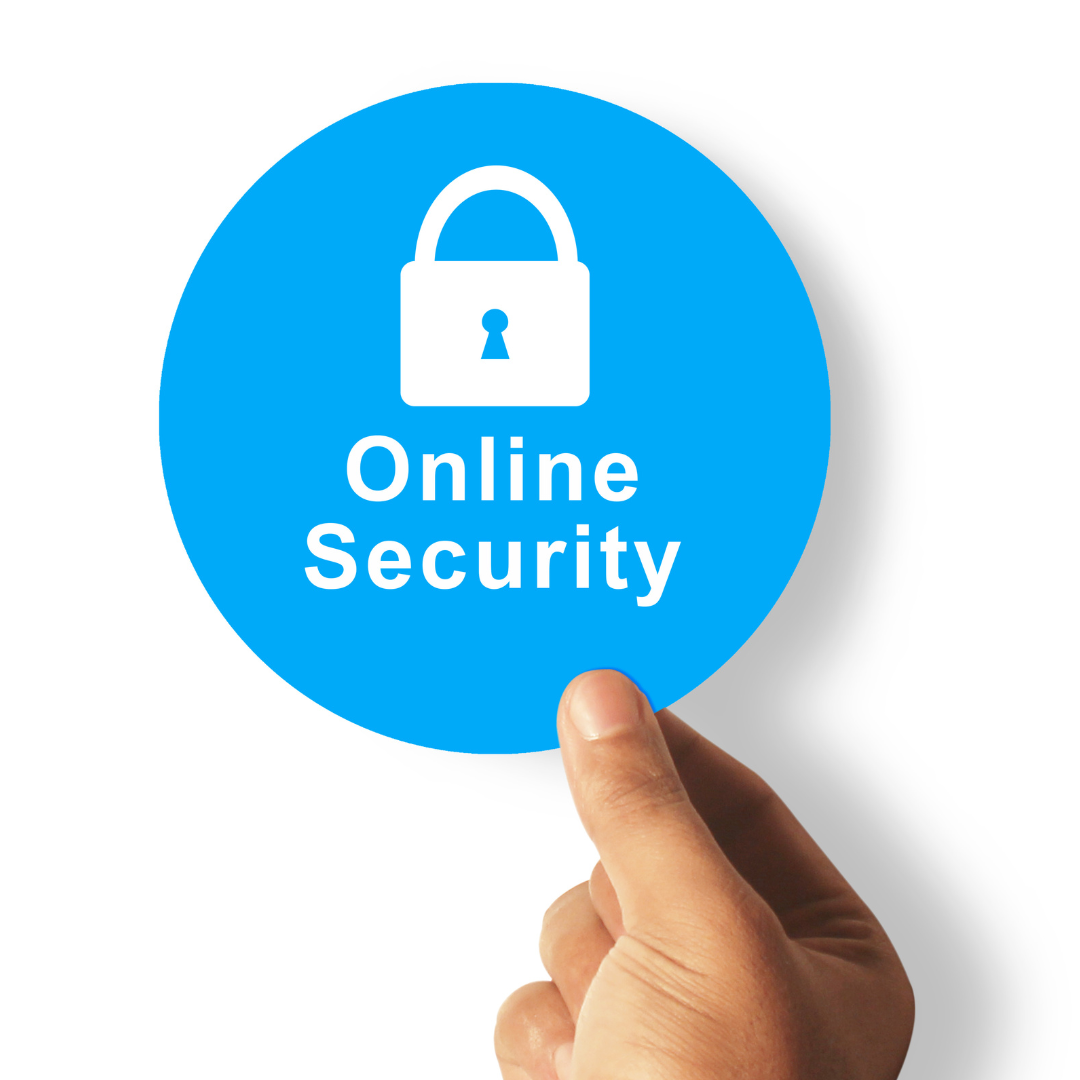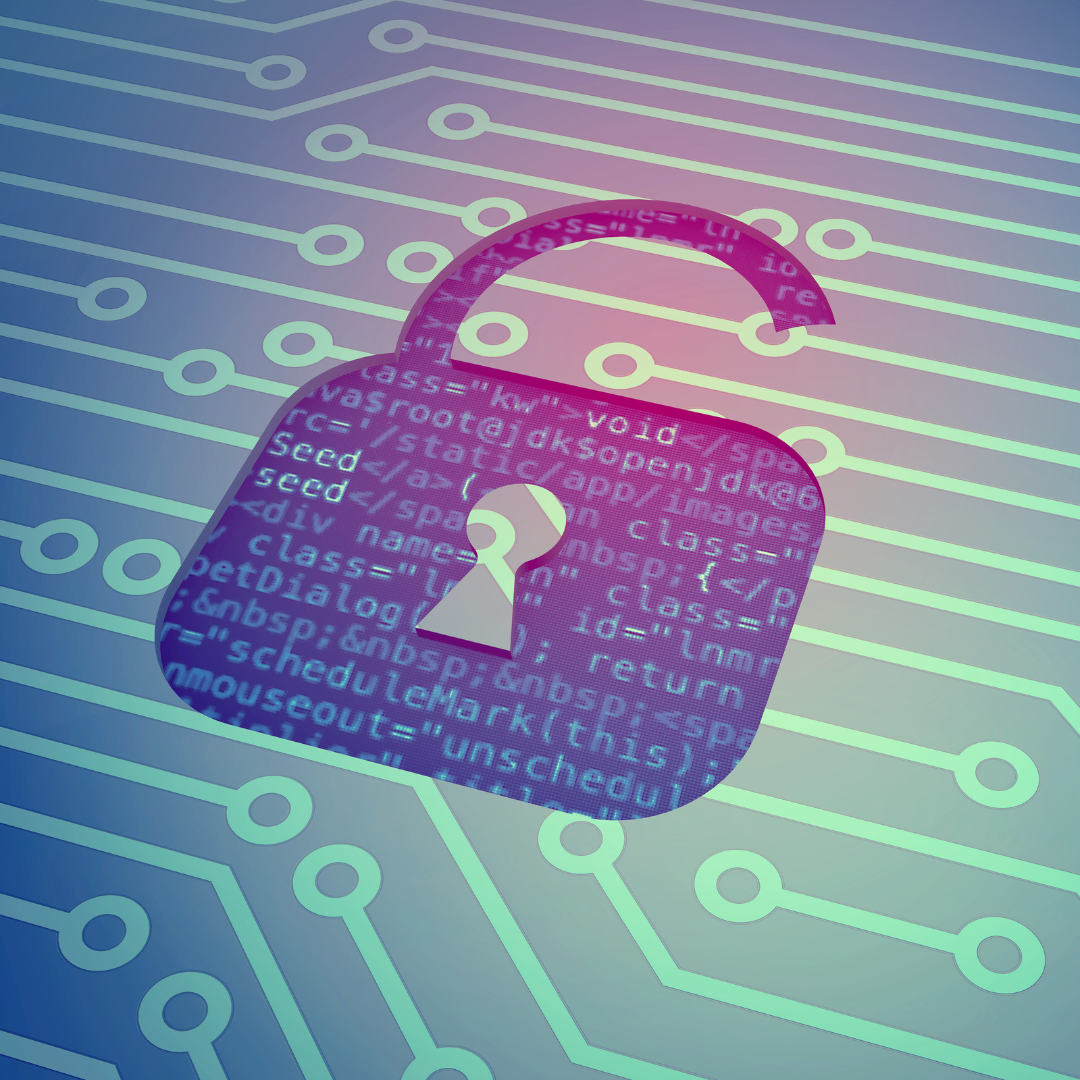The internet is a wonderfully convenient tool for both work and play. But it can also be a little scary. You have to be careful when using the internet because there are also risks. The risks are seemingly limitless. It’s hard to know which sites are safe and which ones have dangerous content.
Online safety and privacy are issues many of us think about, but let’s face it, sometimes we don’t really know where to begin. The pace is always faster now, and we get swept up in keeping up with it all, so it’s easy to miss the next threat on the horizon or secure our devices from the latest threat.
The risk posed by these threats is imminent, albeit potentially slower in affecting smaller entities, while significantly higher for large organizations and businesses. This heightened risk stems from the fact that larger entities typically house a substantial amount of data and confidential information, making them prime targets for hackers. To stay ahead of these malicious elements, these entities, follow a proactive approach by implementing robust cybersecurity measures with the expertise of IT professionals specializing in cyber security in Lethbridge (or elsewhere).
It is also worth noting that as the internet has revolutionized how we share information, communicate with friends, do business, and more, it has introduced some serious threats to our safety and privacy, from hacking to identity theft. It is, therefore, crucial that a user like you, along with a business, and even a charitable organization steps up their cybersecurity measures. It is also important to make assessments, conduct security audits, and internalise questions like: what is ato? What are the different ways my account can be taken over? How can it affect me or my day-to-day life? What can be the consequences? You ought to know about privacy on the web, and how you can maintain it.
By keeping yourself updated on the various types of cyber-attacks, you will know how to better prepare yourself, and set up different measures to keep cybercriminals at bay. Without the right precautions, it’s easy to have your privacy invaded. So, what can you do to protect yourself and your information online?
Here is the list of easy things you can do to be safer online
Give only your professional information and make it limited.
The internet offers nearly limitless opportunities for businesses to connect with customers. And while it can be great for customers and businesses alike, it can also pose serious risks. Scammers often pose as legitimate businesses, meaning it can be easy to make mistakes that can compromise your identity and your finances. Sometimes, these scammers can manage to get through the firewall of a business and steal confidential information or set up a malware attack on them. In such a scenario, it’d be wise to take strict measures. And one of these measures can be taking the help of an information security expert like FRSecure, so that they can identify the attack, minimize its effects and contain the damage. In addition to that, they can even zero down the root cause of such attacks and give tips on how it can be avoided going forward.
The internet is a fantastic tool, but it has its risks. Learn how to protect yourself from identity theft, scams and fraud, and other cybercrimes by following these simple and easy tips:
- Create a professional e-mail address.
- Use a reputable bank or credit card.
- Limit personal information on social media sites.
- Do not share personal information online.
- Tell others about online safety.
Make sure to keep your privacy settings always on.
The internet has become an integral part of our lives. Most people turn to the web to start the day for work-related tasks and entertainment. For many of us, the internet is where we get our news. The convenience of the internet, however, comes with certain security risks. When you use the internet, you leave your private information open. You can keep your data private by keeping your privacy settings on.
The internet is a dangerous place. And it’s not just cyber criminals who are out to steal your identity. Your online privacy is at risk too. There are so many ways that hackers, scammers, and identity thieves can compromise your privacy. And it only takes one click of your mouse or tap of your finger for them to gain access to your personal information.
Use a strong password.
The crazy thing is that these days, most people have some device, whether it’s a phone, tablet, or computer, that connects them to the internet. Since these devices all connect to the internet, much of your personal information is easily accessed. It’s important to be careful about whom you share your e-mail addresses, passwords, and more. Passwords protect us. From bank accounts to social media accounts, passwords give us access to sensitive information. But passwords also give us access to dangerous sites. One in five Americans has been a victim of identity theft. While we can’t completely keep every site or app safe, we can make it harder for criminals to steal our accounts.
Be careful with whom you talk online.
The urgency of online safety has risen to the forefront as one of the most critical concerns for both internet users and those engaged in social media platforms. While the majority acknowledges the significance of safeguarding personal data, there’s a pervasive lack of understanding regarding the emphasis placed on online safety by hackers.
This concern extends to the realm of meeting individuals through online platforms, a concept that has been highlighted with cautionary tales. The implications are wide-ranging: encountering a stranger online who reveals themselves to be a perilous sexual predator or unknowingly connecting with an individual who poses genuine harm.
This marks the exact point at which people tracing services offered by Bond Rees — you can Visit their website if you are interested — and similar companies can emerge as an indispensable asset. Through the utilization of these services, individuals can tap into their functionalities to explore the extensive digital traces left by those they interact with in the online sphere. Employing this proactive strategy facilitates a comprehensive evaluation of an individual’s past, connections, and possible areas of vulnerability. By seamlessly incorporating people tracing services, the ability to recognize and comprehend potential risks and individuals requiring attention is elevated to an unmatched level of precision.
Conclsuion
Technology is always at your fingertips, which means bad people can too. It can happen if they’re trying to hack into your bank account, break into your e-mail account, or infect your computer with a virus. And unfortunately, cybercrime is on the rise. It’s easy to do simple things to help keep yourself safer online, such as encrypting your connections, using a VPN, and updating your software, but these tips are only the beginning.




